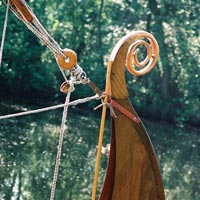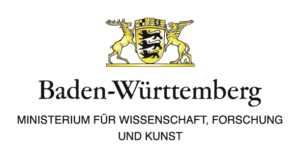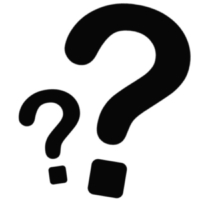Autor: Hanneke Sieben
Quelle & Copyright: Prehistorisch Dorp
When and how did the Norman people originate?
By the end of the 8th century, the phrase “Normanii” is used for the first time. Monks of the Frankish Empire use this when they describe a barbarian (i.e. non-Christian) people form the Remote North. These people came on fast ships and plundered the coasts of the Low Countries and the British Isles. “Normannii” is a very old Frankish word which stands for “Men of the North”. This referred to the people from Denmark, Sweden and Norway. They lived here since before the year 0 and descend from earlier Germanic tribes, just like the Frisians and Franks which lived in the Low Countries and further south. For still unknown reasons, Scandinavians sailed to other countries from the end of the 8th century on for trade, booty and new living areas. These travels from Scandinavia end in the 11th century as suddenly and inexplicable as they once started. In English literature, these people are called “Vikings”, in some countries, the phrases “Vikings” and “Normans” are used side by side.
In the mean time, the Normans obtained a large area at the French coast. In the 10th century, the Westfrankish king gives this area as duchy to the Normans to prevent further war. This duchy receives the name Normandy. Further raids and wars take place with this as basis direction of Southern Europe. These new Normans conquest costal areas in the Mediterranean, like Southern Italy. In the next decenniums, the Normans turn more French and at the end, Normandy becomes a regular part of France. Still, however, the Normandic inhabitants take pride in their adventurous descent.
Internationally, only the Normandic French of the 10th and 11th century are called “Normans”.
This question was answered by:
Bas Ouwerkerk, Prehistorisch Dorp (NL)
Wanneer en hoe ontstond het volk der Noormannen?
Aan het einde van de achtste eeuw wordt voor het eerst de term ‘Normannii’ gebruikt. Monniken uit het Frankische rijk gebruiken die term als ze schrijven over een Barbaars (want niet-Christelijk) volk uit het Verre Noorden. Dat volk kwam op snelle schepen, en plunderde de kusten van de lage Landen en de Britse Eilanden. ‘Normannii’ is een heel oud Frankisch woord, dat ‘Mannen uit het Noorden’ betekende. Er werden de volkeren van Denemarken, Zweden en Noorwegen mee bedoeld. Deze volkeren woonden al in de Scandinavische landen sinds de prehistorie. Ze stammen af van eerdere Germaanse stammen, net als de Friezen en Franken die in onze gebieden woonden. Om nog onbekende redenen voeren vanaf eind achtste eeuw de Scandinaviërs met vele schepen uit naar andere landen op zoek naar handel, roofbuit en nieuw leefgebied. Die tochten vanuit Scandinavië eindigen in de 11e eeuw even plots en onverklaarbaar als ze ooit waren begonnen. In Engelstalige literatuur wordt dit volk ‚Vikings‘ genoemd, in Nederland gebruiken wij beide termen, ‚Vikingen‘ en ‚Noormannen‘.
Inmiddels hebben de Noormannen dan een groot leefgebied verkregen aan de Franse kust. In de 10e eeuw schenkt de Westfrankische koning dat gebied als hertogdom aan de Noormannen om verdere oorlog te voorkomen. Het hertogdom krijgt de naam Normandië. Van daaruit worden nieuwe rooftochten en oorlogen gevoerd verder naar het zuiden van Europa. Deze nieuwe Normandiërs veroveren kustgebieden van de Middellandse zee, zoals Zuid-Italië. De Normandiërs ‚verfransen‘ in de daaropvolgende decennia. Uiteindelijk wordt Normandië gewoon een deel van Frankrijk. Alleen gaan de Normandiërs nog altijd prat op hun avontuurlijke afkomst.
Internationaal worden de Normandische Fransen uit de 10e en 11e eeuw ‚Normans‘ genoemd. Dat is een beetje verwarrend omdat in het Nederlands met het woord ‚Noorman‘ meestal een ‚Viking‘ wordt bedoeld.
Deze vraag is beantwoord door:
Bas Ouwerkerk, Prehistorisch Dorp (NL)







